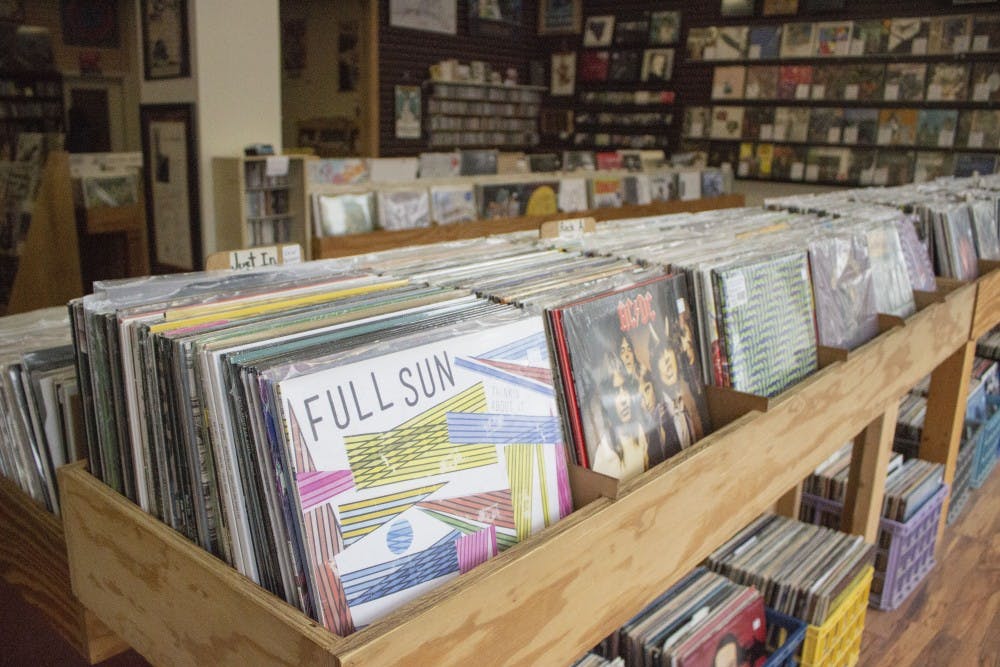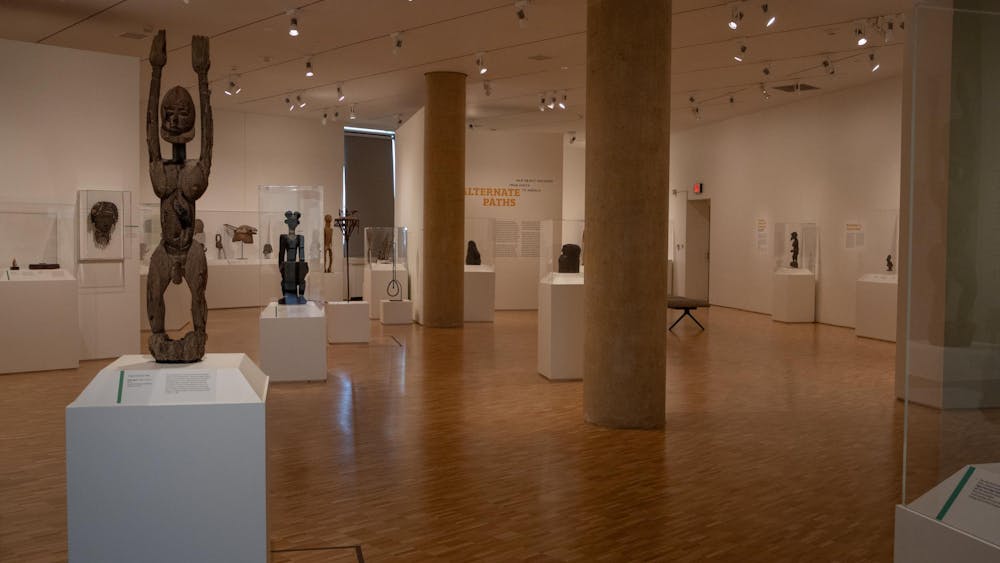When Spanish pop singer Rosalía released her old school reggaeton-inspired single “Con Altura” last month, it didn’t take long for anonymous users in the comment section to accuse the singer as a repeat offender of appropriating cultures.
The first time Rosalía was publicly called out for appropriating and capitalizing on cultures that are not of her Spanish origins came in 2018 with the success of her multiple Latin Grammy Award-winning album “El Mal Querer."
“El Mal Querer” is a conceptual, experimental flamenco pop album. Flamenco is a traditional form of song and dance performed by Andalusian Roma people in southern Spain. Rosalía is not of Andalusian Roma descent, but credits her decision to make a flamenco album on her deep love for the genre that developed when she encountered flamenco as a child.
The reggaeton roots of “Con Altura," however, are not a part of Rosalía’s upbringing. Reggaeton originates from 1950s Puerto Rico and has seen significant crossover success and acceptance in mainstream American music over the recent years. Daddy Yankee’s 2004 hit “Gasolina” and Luis Fonsi's “Despacito” in 2017 were high-charting songs in the United States the years they were released.
Why do politics have to be brought up when talking about a fun dance song? Because music, even music created fully with the intention to entertain, is inherently political.
It would be hard to argue when listening to the lyrics of “Con Altura," the title meaning with height in Spanish, that there is a political dimension to the song, but the politics of performance are at play. Why is Rosalía, and not a female artist who specializes in reggaeton, granted a feature on a J. Balvins song that was more or less projected to become an international hit?
Fans of reggaeton generally don’t report offense when a non-Puerto Rican artist performs reggaeton. The genre's popularity has spread universally in Spanish-speaking countries. It is understood that reggaeton is a hybrid genre influenced by Latin music, hip hop and Afro-Caribbean rhythms.
However, context matters. Up until the '90s, pioneers of reggaeton were harshly criticized, demonized in the media, and had to fight to keep the genre alive despite the threat of obscenity fines and jailing by Puerto Rican police. Rosalía’s critics allege the artist tends to pick up and drop genres at her discretion, often from groups that are often marginalized. According to writer Angela Membrado, it is hard to find the line between appropriation and inspiration in Rosalía's work.
Surely, everything can be political. But that begs the question: should nonreactionary, nonpolitical music should be interpreted at all from a political lens? The only reasonable answer might just be that it’s complicated.
On one side, over-analyzing the politics behind the history song or its lyrics could take away from the core intention of the art. But disregarding politics can erase other issues, especially the sociopolitical.
In the case of “Con Altura”, the popularity of the song cross-culturally might introduce listeners unfamiliar with reggaeton to underrepresented reggaeton artists and give them an international spotlight.
If that doesn’t happen, “Con Altura” will be another case where an artist capitalized off of an art form by a marginalized group — even though this is more often than not completely unintentional.
Though Rosalía has a deep passion and respect for flamenco as an art form, flamenco and other flamenco artists have not received much further attention or acclaim on an international stage since the success of this album. Though reggaeton has wider international acceptance than flamenco, it is uncertain if the success of “Con Altura” will leverage underrepresented reggaeton artists.
As George Orwell said, “The very notion that art should have nothing to do with politics is itself a political position.” Politics are an intrinsic part of music and music-making, but it is up to the listener to decide just how much politics matter in their listening habits.






